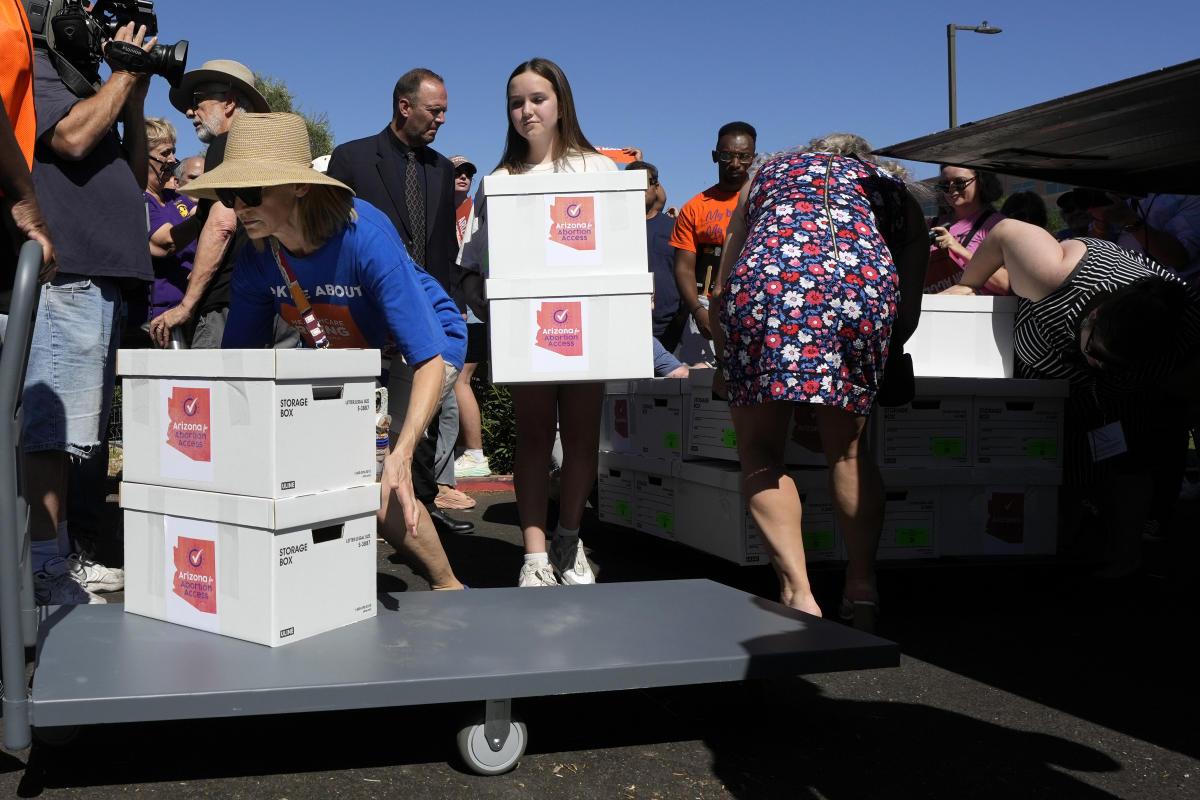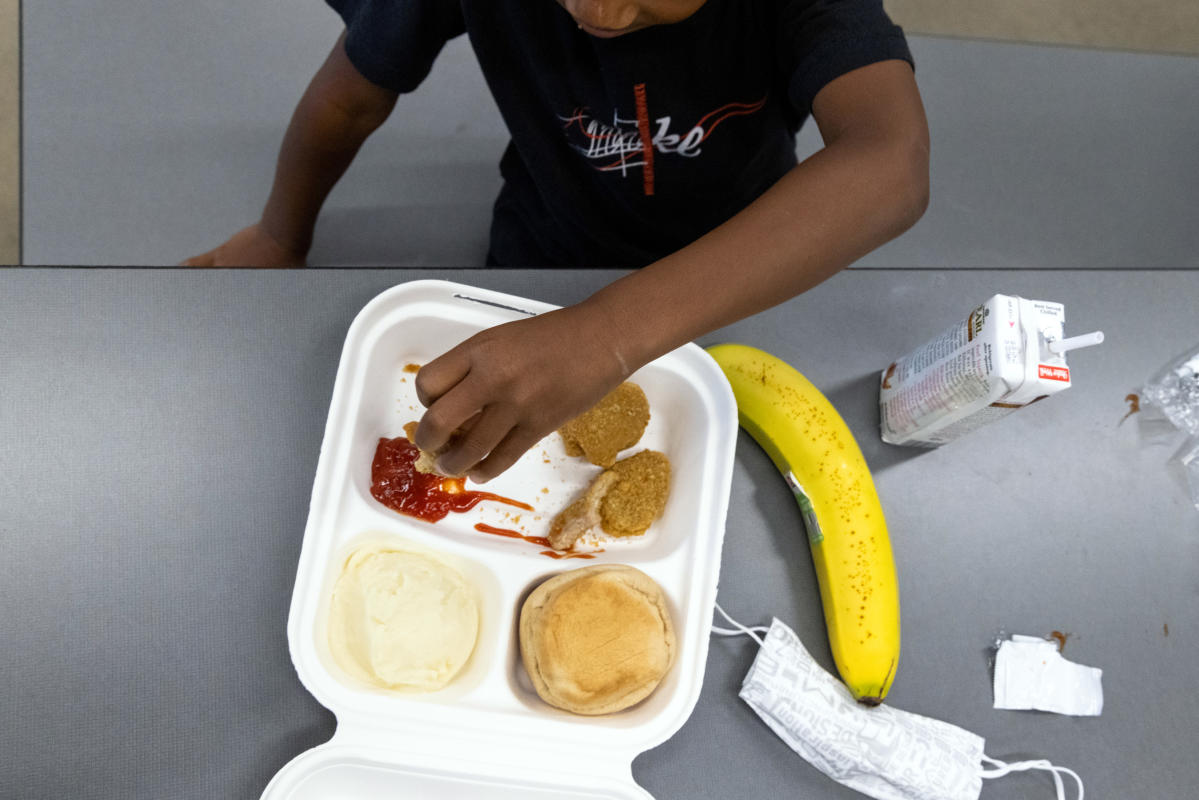More than 8 million children in 15 states, all led by Republican governors, will be shut out of a new federal food assistance program intended to help needy families during the summer months.
Set to begin this summer, the new program will provide low-income families with $120 for each eligible child, which can be used to purchase food at grocery stores, farmers markets or other approved retailers when such assistance is not available in schools.
The deadline for states to opt into the program, which was approved by Congress with bipartisan support, was Jan. 1. And this week, the federal Agriculture Department announced that 35 states, all five U.S. territories and four tribal nations, mostly in Oklahoma, had signed up for the program, which provides a total of $2.5 billion in federal funds for an estimated 21 million children whose families already qualify for free or reduced-price lunches.
Sign up for The Morning newsletter from the New York Times
The 35 states included all the ones led by Democratic governors, and a dozen led by Republican governors from all parts of the country.
But 15 Republican-led states said no. Some of those governors voiced concerns about the program’s mechanics and administrative costs; some indicated that they had ideological objections, and a lack of faith in the federal government.
“If the Biden administration and Congress want to make a real commitment to family well-being, they should invest in already existing programs and infrastructure at the state level and give us the flexibility to tailor them to our state’s needs,” Gov. Kim Reynolds of Iowa said in a statement last month about her state’s decision to reject the program, known as the Summer Electronic Benefit Transfer, or Summer EBT.
The rollout of the food assistance program comes at a fraught time in the efforts to combat hunger in the United States. Food insecurity rose to 12.8% of U.S. households, or 17 million households, in 2022, up from 10.2%, or 13.5 million households, in 2021, according to the Agriculture Department.
Moreover, the future of the Special Supplemental Nutrition Program for Women, Infants and Children, a federally funded program known as WIC, remains uncertain, as conservatives in Congress challenge long-standing budget priorities.
The 15 states that did not apply are Alabama, Alaska, Florida, Georgia, Idaho, Iowa, Louisiana, Mississippi, Nebraska, Oklahoma, South Carolina, South Dakota, Texas, Vermont and Wyoming.
Asked why Florida did not apply for the summer food program, the state’s Department of Children and Families wrote in an email to The Orlando Sentinel last month: “We anticipate that our state’s full approach to serving children will continue to be successful this year without any additional federal programs that inherently always come with some federal strings attached.”
In Vermont, the Department for Children and Families said it declined to participate because the requirements were “very detailed and extensive.” But the department said that Vermont would want to provide “this important summer nutrition benefit” in 2025, as long as the state identified the necessary funds to run the program, and technology support and other infrastructure concerns were addressed.
Vermont officials said the state would be offering additional summer meal options for families in need of help this year, including “multiple days’ worth of meals.”
Another state that said no, Oklahoma, also cited bureaucratic and logistical concerns, though it did not rule out participating in the future.
Chris Bernard, president and CEO of Hunger Free Oklahoma, an advocacy group, said he was disappointed by the state’s response given its strong track record on combating hunger in recent years.
But he said he was heartened by the willingness of the state’s tribal nations — the Cherokee, Chickasaw and Osage — to offer the program to eligible Native and non-Native children on their reservations. That could be up to 25% of the 400,000 Oklahoma children who qualify.
“I’m also hopeful about Oklahoma running this program as a state” in the future, Bernard said. “Those people we work closely with, I know they know the value of it.”
Even some Republican-led states that had signed up cautioned that a lot of work still needed to be done to start up the program by the summer. Missouri, for instance, wrote in a letter to the Agriculture Department in December that a “lack of final guidance” and the uncertainty of securing state funding posed “potential unforeseen challenges.”
Still, Caitlin Whaley, communications director for the Missouri Department of Social Services, explained: “Philosophically, we support the premise that kids should be fed in the summer, and this is an additional resource to that end. We did not want to miss the potential opportunity to get the program off the ground.”
c.2024 The New York Times Company





